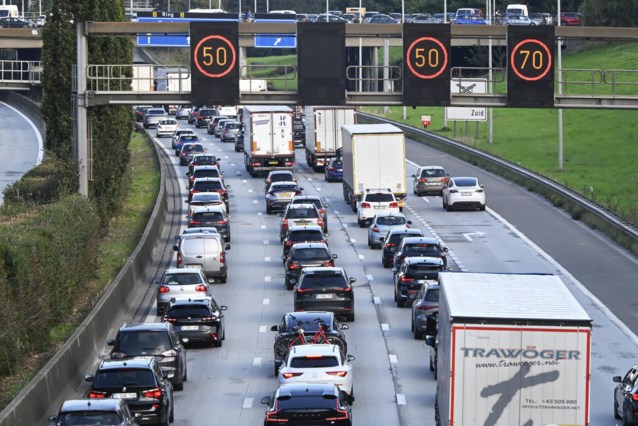The tax on benefits in kind (VAA) paid by drivers of a company car running on petrol or diesel has increased by 30 percent in five years. Next year there is a risk that another 10 percent will be added in one fell swoop. De Tijd reported that on Wednesday.
Anyone who receives a company car from his employer or company and is allowed to use it for private travel (including commuting) is taxed on it. The younger, more expensive and more polluting such a car is, the higher the taxable benefit. This VAA is determined via a complex formula and is linked to the evolution of the average CO₂ emissions of newly registered cars.
The reference value that the Federal Public Service Finance uses to determine the VAA tax has increased by approximately 30 percent over the past five years. For next year, the tax even threatens to increase by around 10 percent. Figures from the car sector federation Febiac show that the average emissions of all newly registered cars between October 1, 2023 and September 30 this year – the period during which the value is determined – have fallen again.
However, the final CO₂ coefficient for determining next year’s VA tax has not yet been determined.
